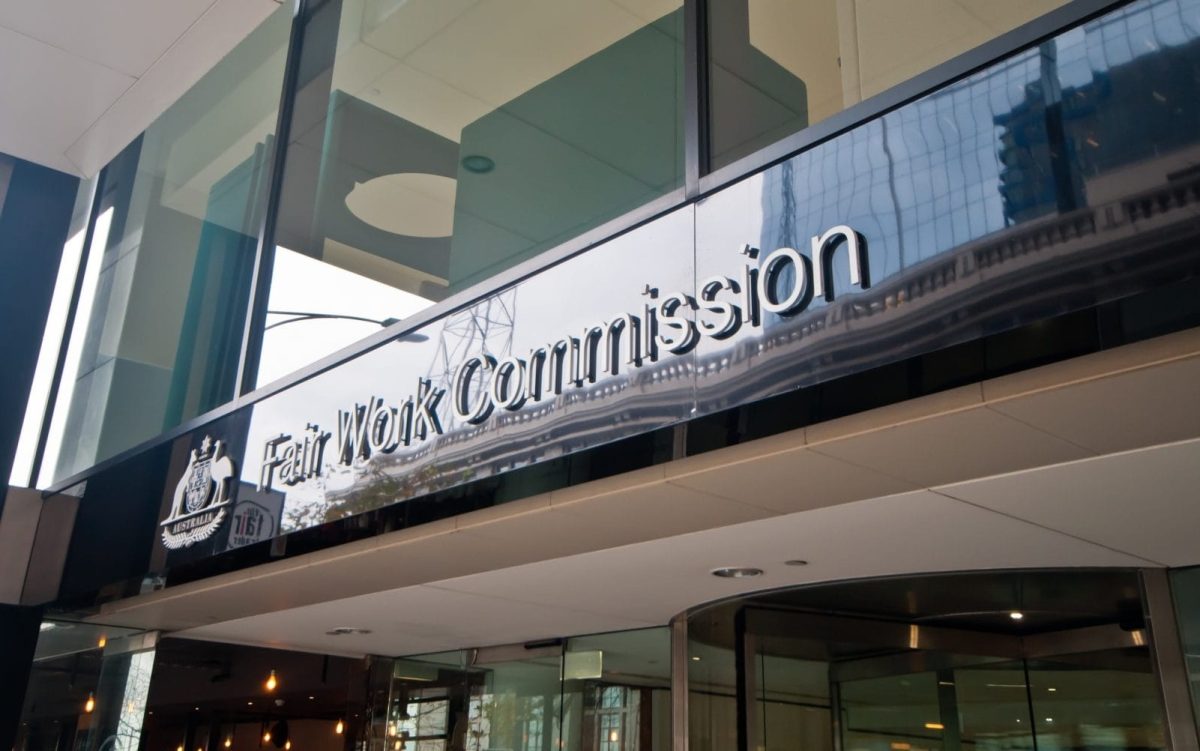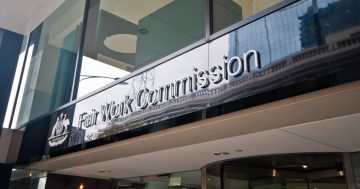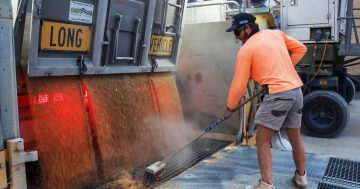
The wage rise of 3.75 per cent came almost halfway between industry groups’ calls for an increase of no more than 2.8 per cent and the unions that wanted up to 5 per cent. Photo: Fair Work Commission.
Nearly 21 per cent of Australian wage earners who are paid in accordance with minimum wage rates on modern awards will receive a 3.75 per cent wage rise from 1 July.
The decision by the Fair Work Commission as part of its Annual Wage Review will see wages rise by an amount slightly higher than the forecast 3.5 per cent, but less than the 4 to 5 per cent figure unions were asking for.
“The only function of the National Minimum Wage is to set a minimum rate of pay for employees in the national industrial relations system who are not covered by a modern award or an enterprise agreement,” the FWC statement reads.
“Only a very small number of employees are actually paid the National Minimum Wage and will be affected by this decision.”
“The second task is to review modern award minimum wages,” it added.
“Each modern award sets minimum wage rates for employees working in the industries, occupations or enterprises covered by the award.
“In setting modern award rates of pay, the Commission is required to take into account the amount of the National Minimum Wage.”
The FWC says 20.7 per cent of the Australian workforce – or 2.6 million employees – is paid in accordance with minimum wage rates in modern awards. In addition, it says some categories of employees are indirectly affected by way of the review outcomes being ‘flowed on’ by various means.
“Our estimate is that this decision will, therefore, operate upon the wages of about a quarter of all Australian employees,” it said.
The decision comes after employer groups and unions gave submissions to the FWC late last month.
In its submission, the Australian Industry Group (Ai Group) said, based on economic data and provisions in May’s Federal Budget, the FWC should take a cautious and moderate approach to increase award and minimum wages by not more than 2.8 per cent.
“New income support measures announced in the 2024-25 Budget, including energy bill relief and increases to Commonwealth Rent Assistance, will complement previously announced measures to support the incomes of the low-paid,” Ai Group Chief Executive Innes Willox said.
“These measures ensure a real increase in the disposable income of employees on minimum and award wages.
“The need to take budget support measures into account in reviewing wages has been supported by former ACTU Secretary and former [Reserve Bank] Board member, Bill Kelty, who is reported as saying this week, ‘If you’re giving energy relief and rent relief then the minimum wage is likely to be lower’.
“Ai Group’s final submissions to the Review include a strong rebuttal of the ACTU’s misguided and eleventh-hour proposals for very significant increases to employees covered by a selection of awards, claiming potential gender-based undervaluation of current rates of pay.”
In its submission, the Australian Council of Trade Unions (ACTU) called for a 5 per cent increase to help with cost-of-living pressures and to recover real wages lost during the pandemic.
It argued that such a rise will have little impact on inflation compared to corporate profits which it says have grown at nearly three times the rate of minimum and award wages since 2020.
ACTU President Michele O’Neil said workers needed a 5 per cent pay rise to start getting ahead again and make up for the real wage losses from the pandemic and what it describes as a decade of wage stagnation under the previous Coalition government.
“This is especially true for those in feminised industries, where an additional interim increase of at least 4 per cent is a vital first step in valuing the critical work of early childhood educators and disability homecare workers,” she said.
“Over the last two years, we have seen historic increases in the minimum wage and awards, and yet inflation has dropped from a high of 7.8 per cent to 3.6 per cent during that period. Employer groups should be reminded of that the next time they argue against giving a pay rise to cleaners, carers and hospitality workers.
“For the employer groups to jump on cost-of-living measures like the $300 energy rebate to argue for lower wages is an insult. Big business wants the cost-of-living relief to go into their pockets instead of the pockets of our lowest-paid workers.
“A pay rise is not only good for workers but also beneficial for the economy,” she added.
“When employers boast of high corporate profits while pushing for real pay cuts, they ignore the very real struggles facing Australia’s lowest paid workers and their families.”
Original Article published by Andrew McLaughlin on PS News.














